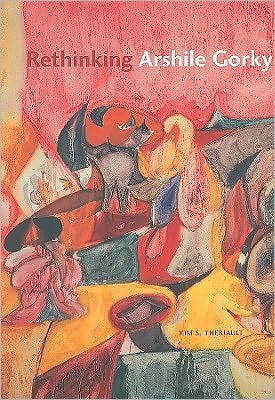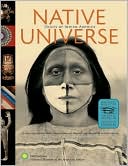Rethinking Arshile Gorky
Often referred to as the last Surrealist and first Abstract Expressionist, Arshile Gorky (c. 1900–1948) appears as an interstice within art history’s linear progression. Gorky embraced dream imagery in the tradition of the Surrealists, used all-over patterning before Jackson Pollock, promoted disembodied color before Mark Rothko, exploited the physicality of paint before Willem de Kooning, and anticipated stain painting. His life—he escaped the Armenian Genocide of 1915 and struggled as an...
Search in google:
Often referred to as the last Surrealist and first Abstract Expressionist, Arshile Gorky (c. 1900-1948) appears as an interstice within art history's linear progression. Gorky embraced dream imagery in the tradition of the Surrealists, used all-over patterning before Jackson Pollock, promoted disembodied color before Mark Rothko, exploited the physicality of paint before Willem de Kooning, and anticipated stain painting. His life—escaping the Armenian Genocide of 1915 and struggling as an immigrant artist in New York in the 1930s and 1940s—and his tumultuous personal relationships have cast the artist as a tragic figure and often overshadowed the genius of his art.Rethinking Arshile Gorky is an examination of the artist and his work based on themes of displacement, self-fashioning, trauma, and memory. By applying a multitude of techniques, including psychoanalytic, semiotic, and constructivist analyses to both explain and demythologize the artist, is a contemporary critique of both the way we construct the idea of the "artist" in modern society and the manner in which Arshile Gorky and his art have historically been addressed.
List of Illustrations ixAcknowledgments xviiIntroduction 11 Genocide, Displacement, and Identity 132 Constructions of Gender, Self, and Other 333 Language, Translation, and Diaspora 634 Exile, Abstraction, and Nonobjectivity 875 Difference, Likeness, and Synthesis 1136 Conflation, Re-membering, and Indeterminacy 1357 Primitivism, the Feminine, and Orientalization 1638 Enigma, Erasure, and Arshile Gorky's Afterlife 179Conclusion 195Notes 203Selected Bibliography 225Index 235








